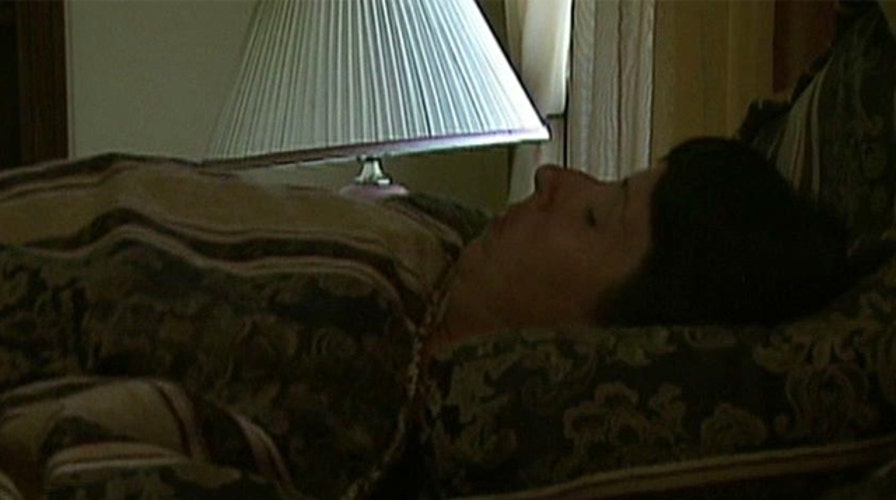It is not news that we need sufficient sleep to maintain our health. Yet despite this knowledge, and advice from media and medical communities alike, many of us struggle to get enough sleep every night. This has led many Americans to seek help from their doctors in order to get the sleep they need to stay healthy.
Whether sleep deprivation comes from job related stress, long work hours, or just trying to keep up with busy social schedules, sleep aids like Lunesta have become popular. As with any prescription drug, many people cling to the easy fix of a pill. Interestingly, this may no longer be an option for many seeking sleep aids as FDA guidelines change and become stricter. Those seeking prescription sleep medications will be getting lower doses or natural alternatives (such as melatonin supplements).
For this reason, everyone should know why getting enough sleep is important and how they can practice good sleep hygiene.
So what happens when we don’t get enough sleep? The effects are similar to being intoxicated. Trying to go through your day deprived of sleep will leave you feeling tired, irritable and foggy. This is no way to stay productive or healthy. Some less well known effects of sleep deprivation are an increased risk of heart disease, a decreased ability to remember, an increased risk of diabetes, and an increased risk of depression. Furthermore when you don’t get enough sleep, you increase your risk of weight gain and obesity. Sleep is required for your body to process glucose properly and regulate insulin as it should.
Sleep is crucial to maintaining strong minds and bodies, as it is the time when our bodies repair and reset themselves. Depriving yourself of this is similar to driving your car on empty. It is only a matter of time until something breaks down. Your body, just like a machine, needs time for repair and maintenance.
While it's important to get enough sleep, if you need to choose between better sleep and more sleep – choose better sleep. If you are going to spend your nights tossing and turning, you will wake up feeling as if you never slept at all.
The general guideline for sleep is eight hours, however everyone is different and requires a different amount of sleep to be their most productive self. Find your ideal amount of sleep and work on the quality of that time to feel more rested and rejuvenated. You can get better quality sleep by creating a good sleep routine and getting your body and mind ready for a restful night’s sleep.
Here are some helpful tips for getting a better night’s sleep:
• Don’t drink anything with caffeine after dinner. This will only make it harder to fall asleep.
• Keep screens out of sight. The glow from electronics signals your body to wake up when you are trying to power down.
• Don’t drink anything with alcohol in it. Although it will help you get to sleep, the properties of alcohol actually depress your sleep cycle as well your metabolism.
• Minimize distractions in the bedroom. Your bedroom is for sleep, and it is good for your body to associate it with a relaxing setting, free of things that will keep you awake. Make sure TVs, other electronics, work, pouncing animals, etc. are out of sight.
• Read. Or do something else, like taking a relaxing bath, before bed. This will help your body and mind turn down and get ready for a good night’s sleep.

